The current online issue of " triathlete " magazine deals with inaccuracies in the labeling of ingredients in various sports gels from different manufacturers. The article refers to a study published in the International Journal of Sports Nutrition and Exercise Metabolism .
The article deals with the inaccuracy of nutritional information on sports nutrition products such as gels, bars, and drinks. New research shows that many products do not contain the amounts of ingredients stated on the packaging or contain ingredients that are not listed. This can be problematic for athletes who rely on accurate nutritional information to optimize their performance.
For example, an analysis of gels revealed that some products contained fewer calories and carbohydrates than stated. In particular, Spring Energy admitted that their Awesome Sauce Gels contained significantly fewer nutrients than indicated on the label due to production errors and varying ingredients.
The test included products from GU Energy, Honey Stinger, Hüma, Maurten, Näak, Precision Fuel, Science in Sport, and Spring Energy. The largest discrepancies regarding the stated carbohydrate content were found in Spring Energy (72%), Näak (15%), and Precision Fuel (5%).
The US Food and Drug Administration (FDA) allows certain tolerances in nutritional labeling, meaning that a product labeled with 20 grams of carbohydrates may actually only contain 16 grams and still comply with regulations. These discrepancies can accumulate during longer training sessions or competitions and impair performance.
The article emphasizes that similar problems can also occur with other dietary supplements such as protein powders, pre-workout products, and fish oil, which sometimes contain prohibited substances or heavy metals.
To ensure that athletes receive high-quality products, the article recommends the following measures:
- Listen to your own body and pay attention to unexpected tiredness or hunger during training.
- Prefer products from reputable brands with independent certification seals (Third-Party Testing).
- Consult scientific evaluations and product tests from independent organizations.
- Be skeptical of unrealistic advertising promises.
- If necessary, have products tested in a food laboratory.
- Check whether taking nutritional supplements is necessary at all, and instead pay attention to a balanced diet.
- Get advice from a sports dietitian to develop an individual nutrition plan.
In summary, athletes should be skeptical when using sports nutrition products and pay attention to quality and accuracy in order not to jeopardize their performance.
Sources:
Triathlete Magazine
International Journal of Sports Nutrition and Exercise Metabolism
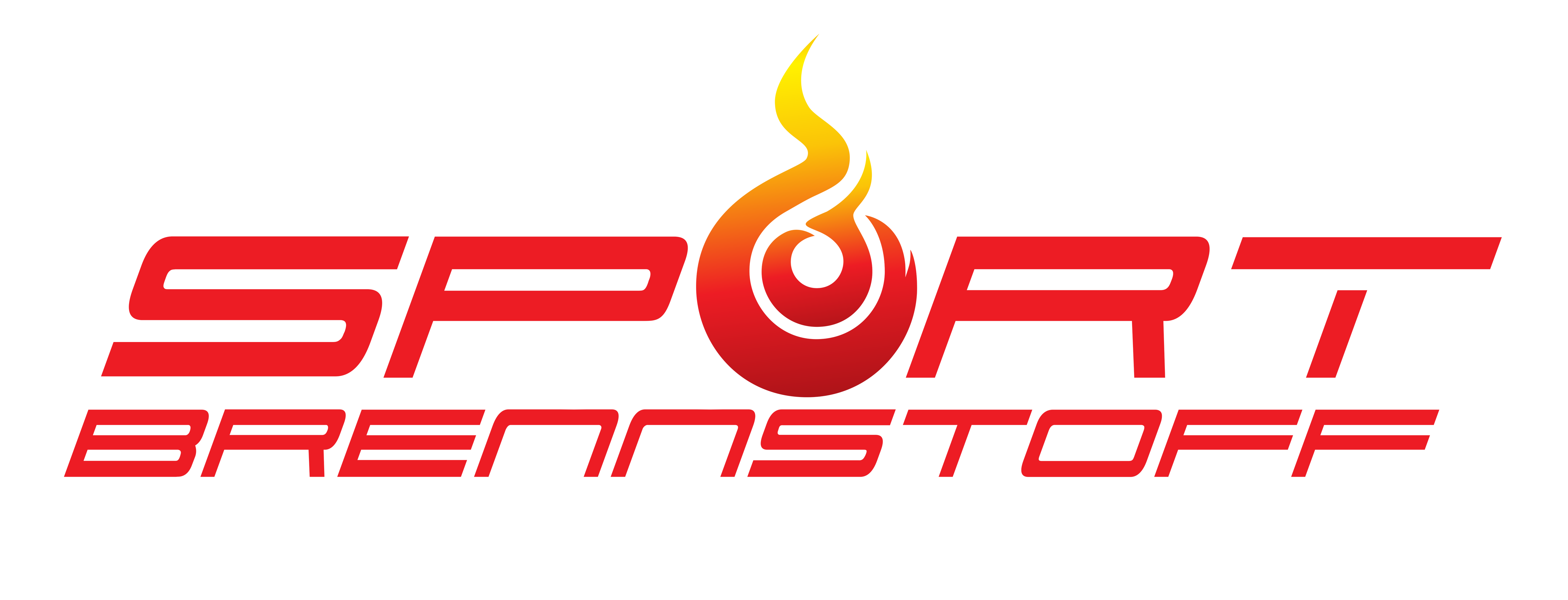

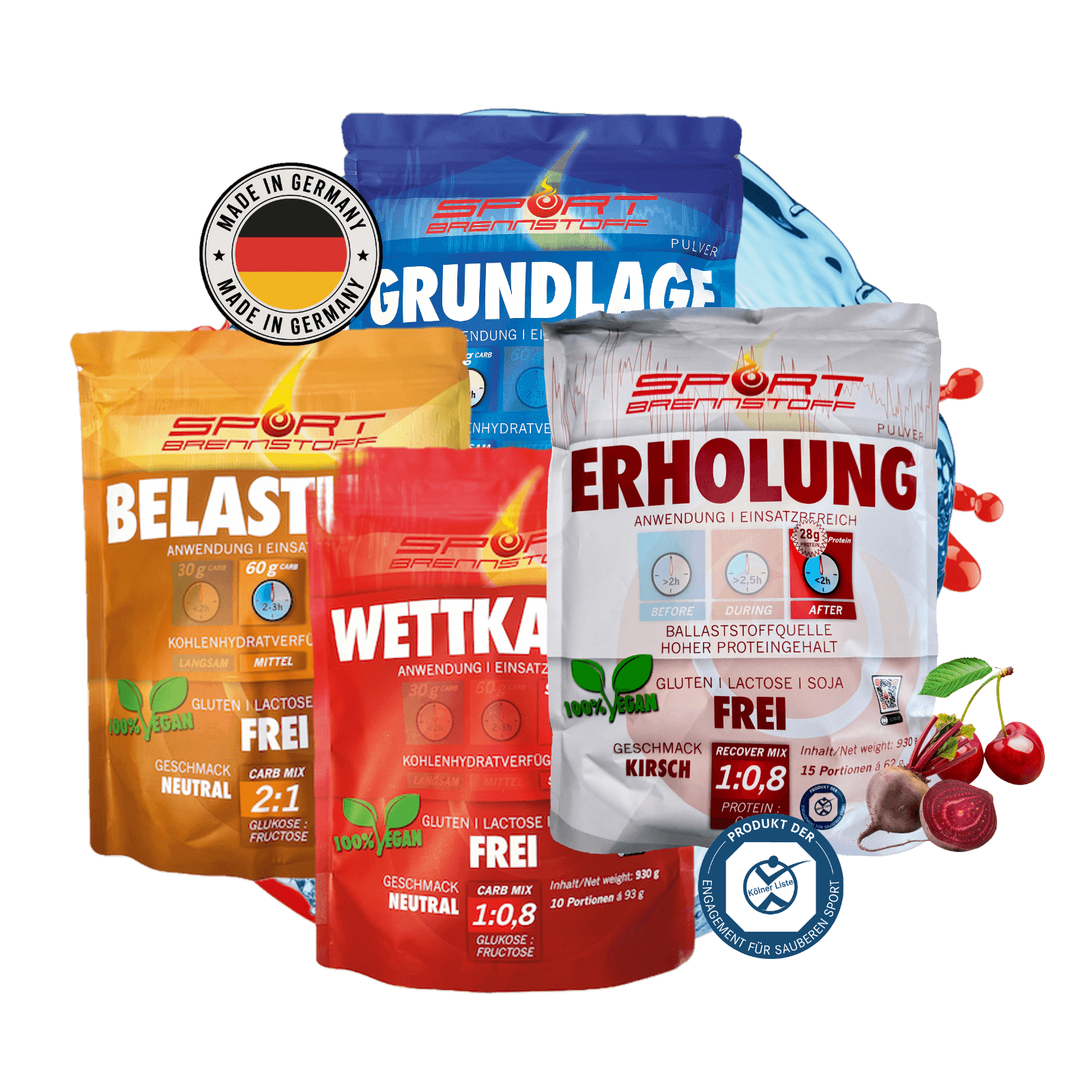

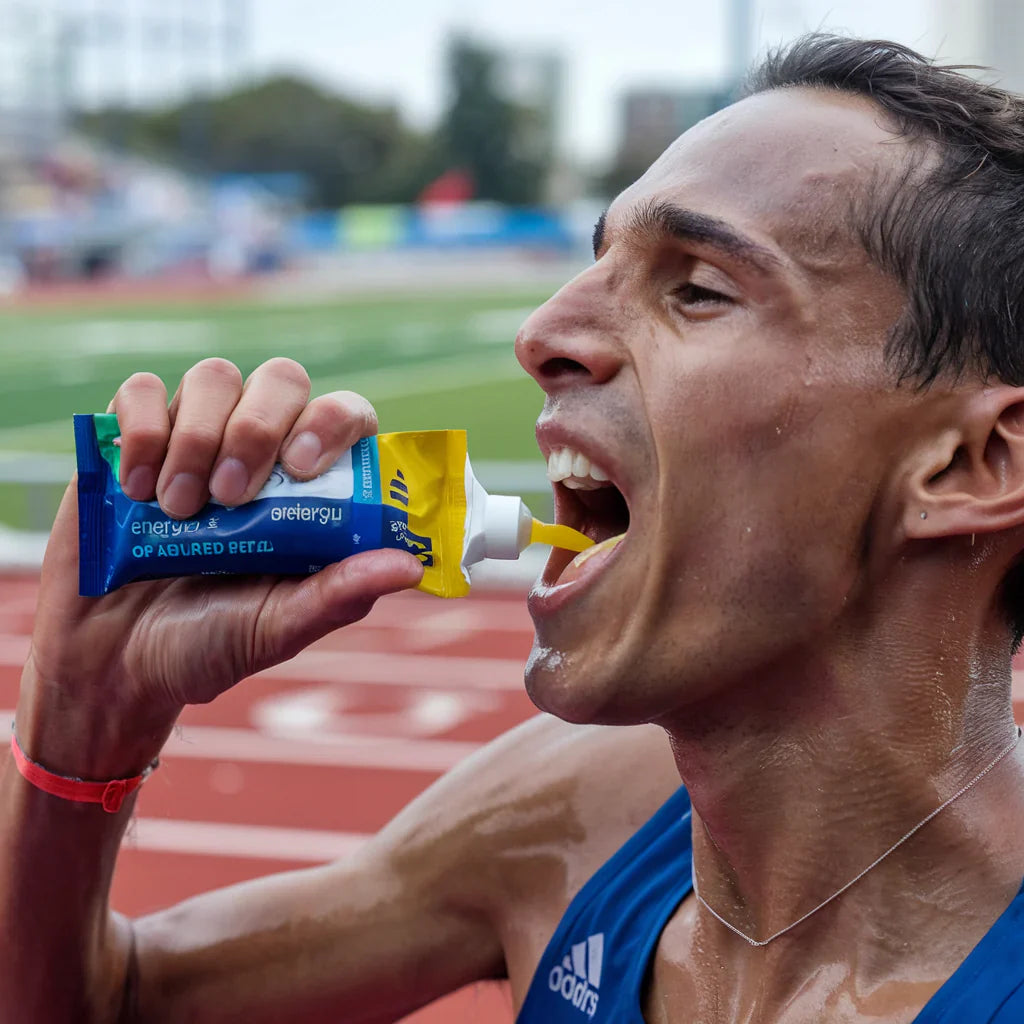
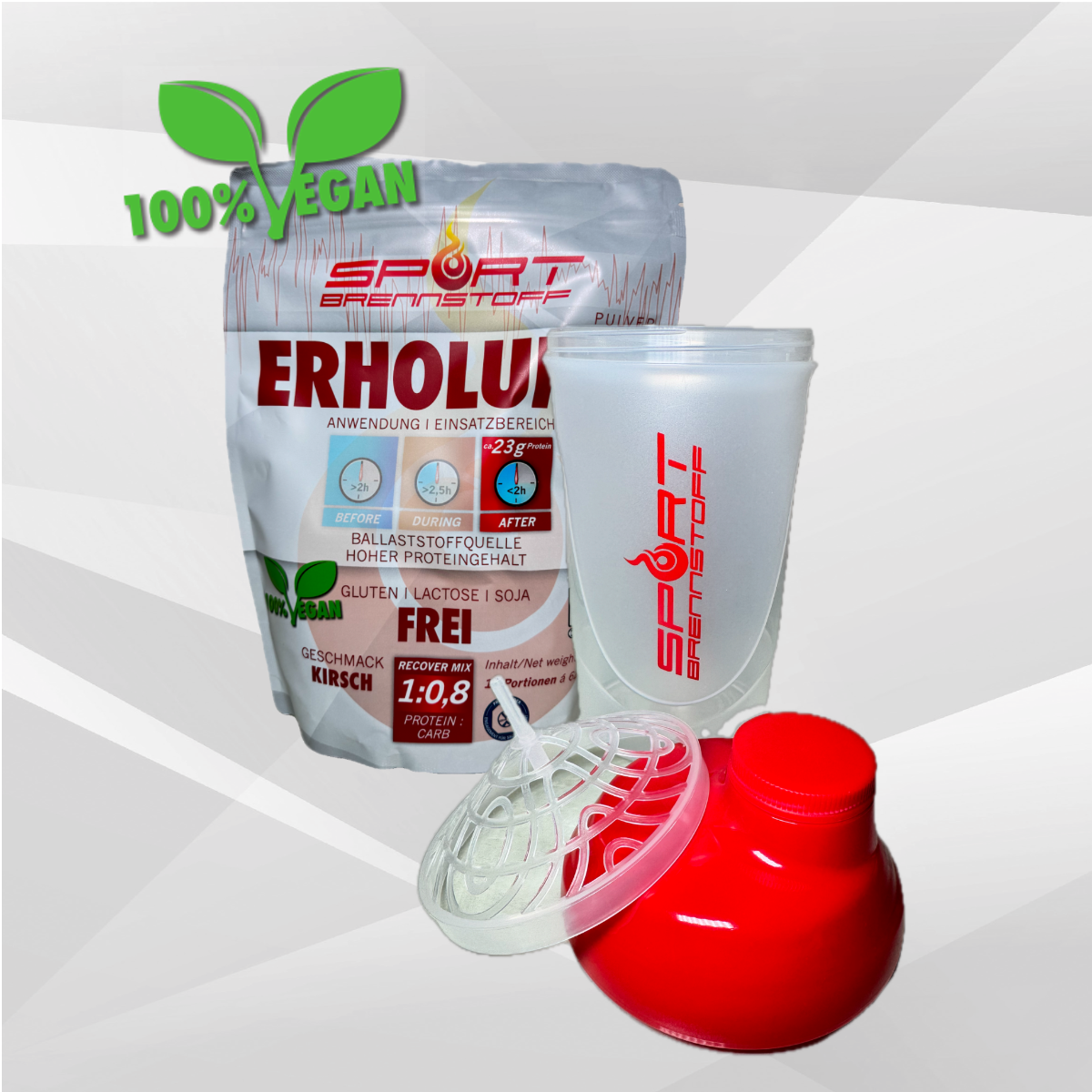
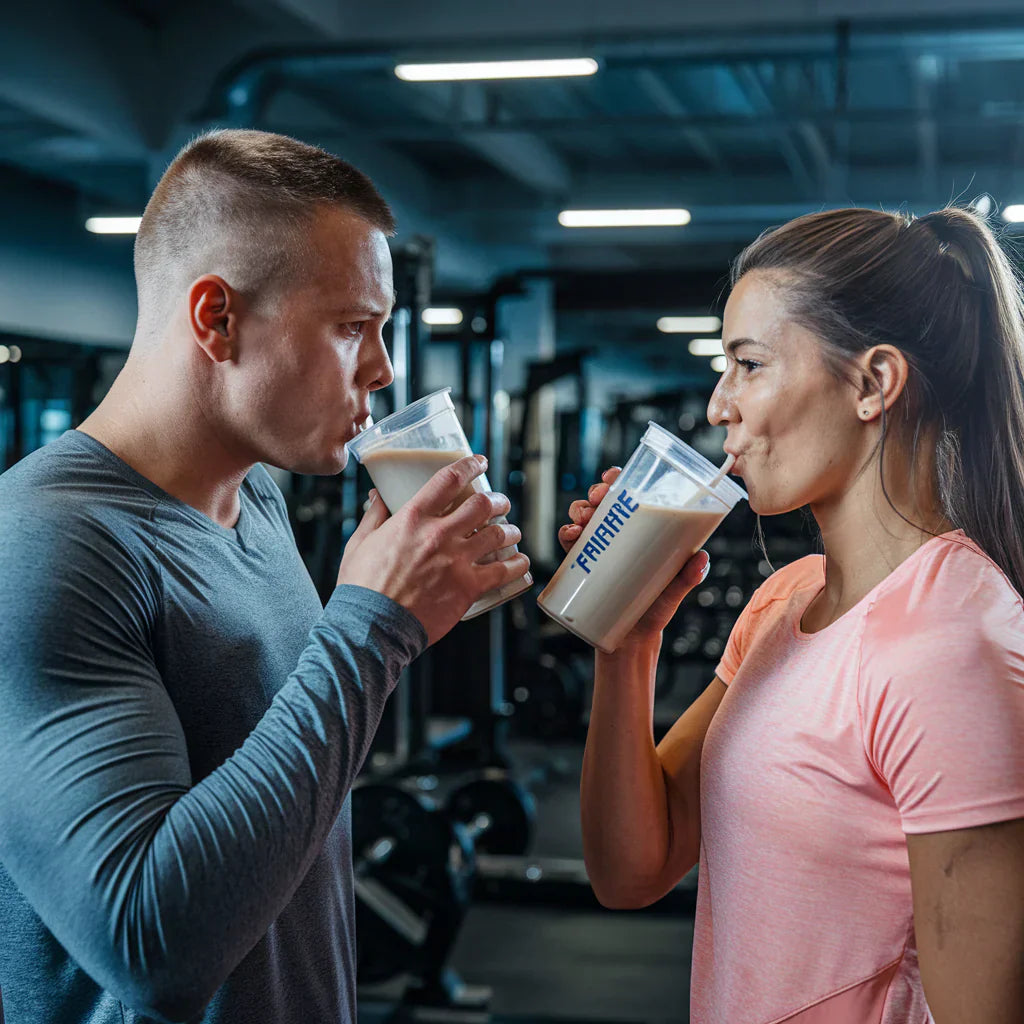
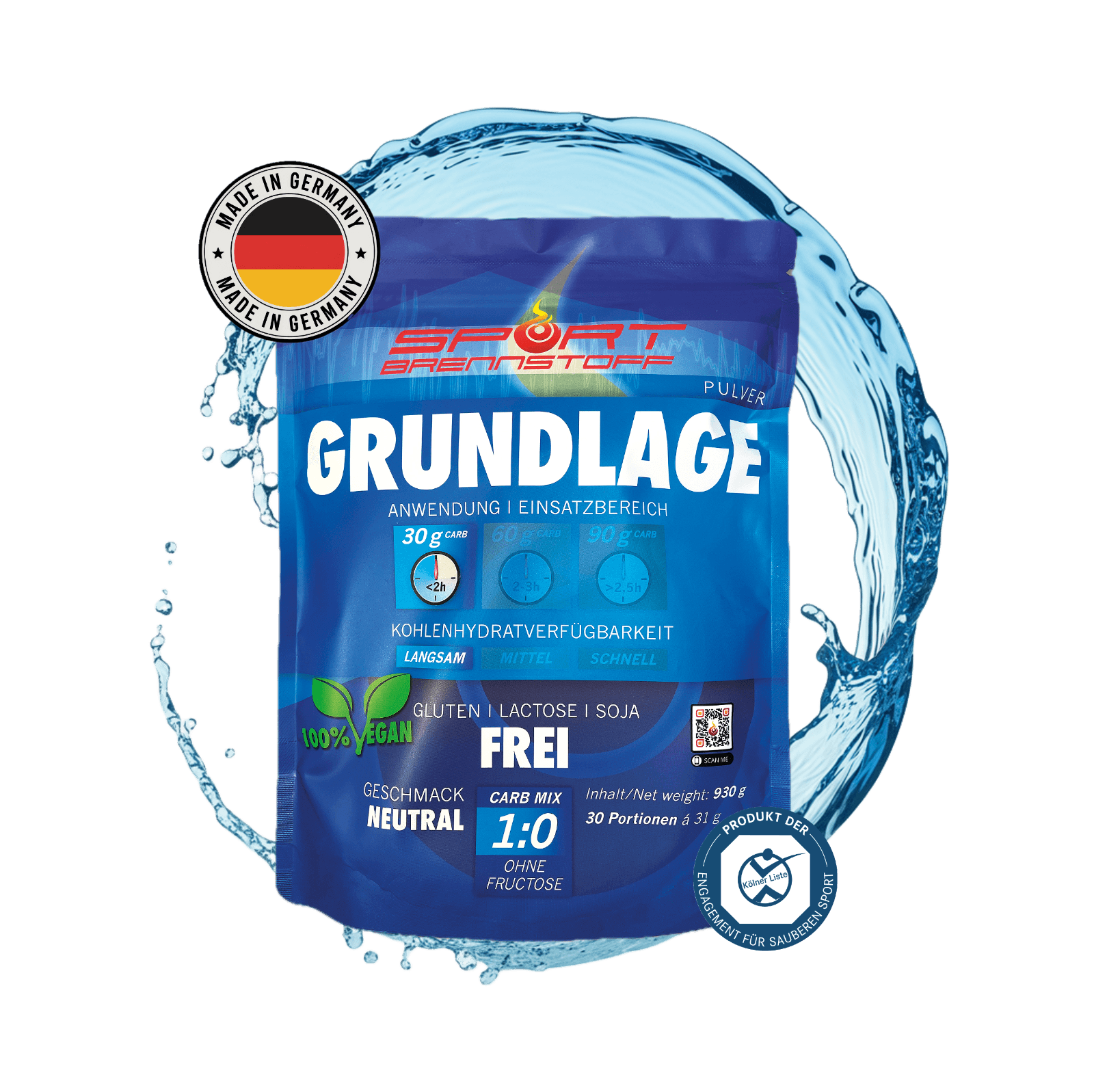
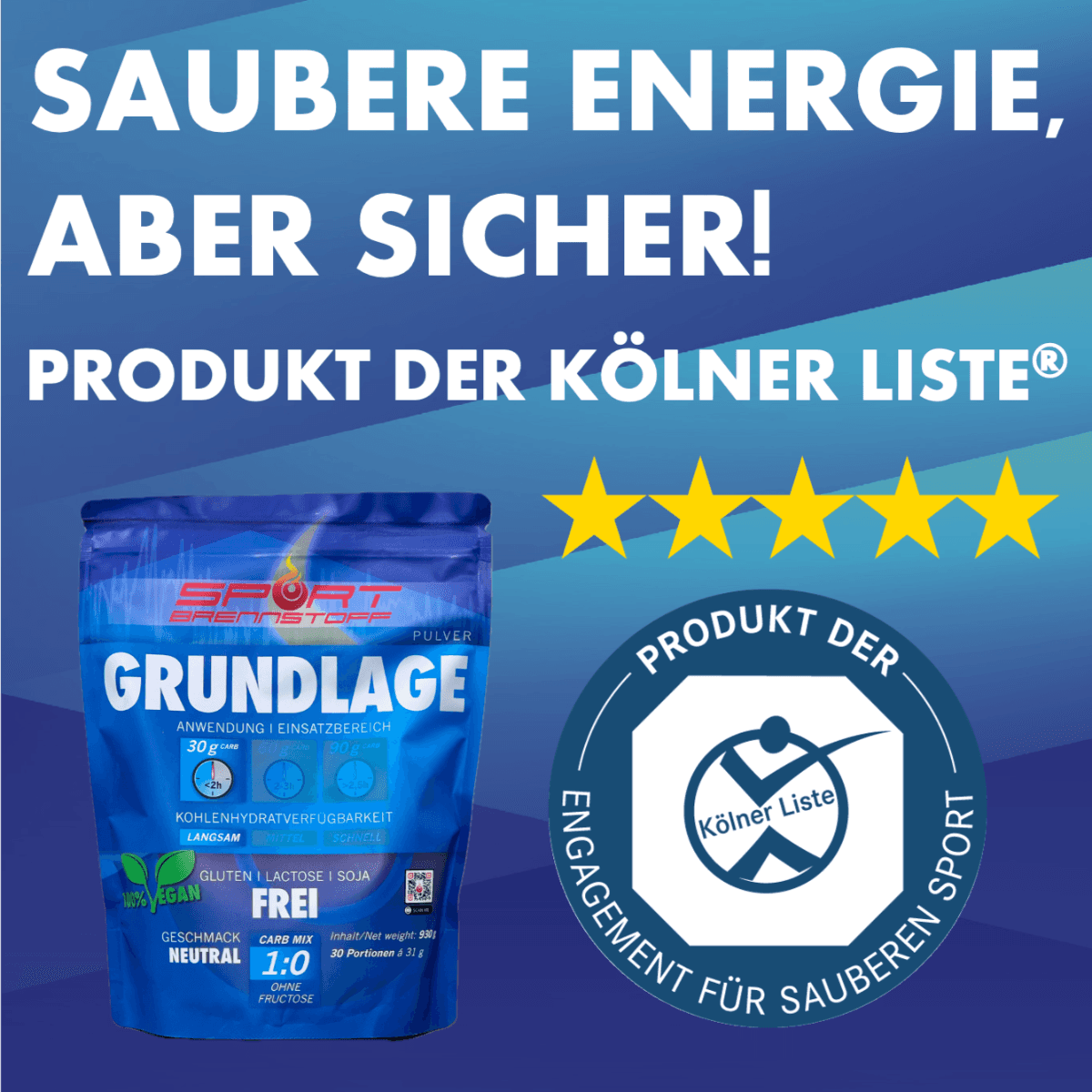
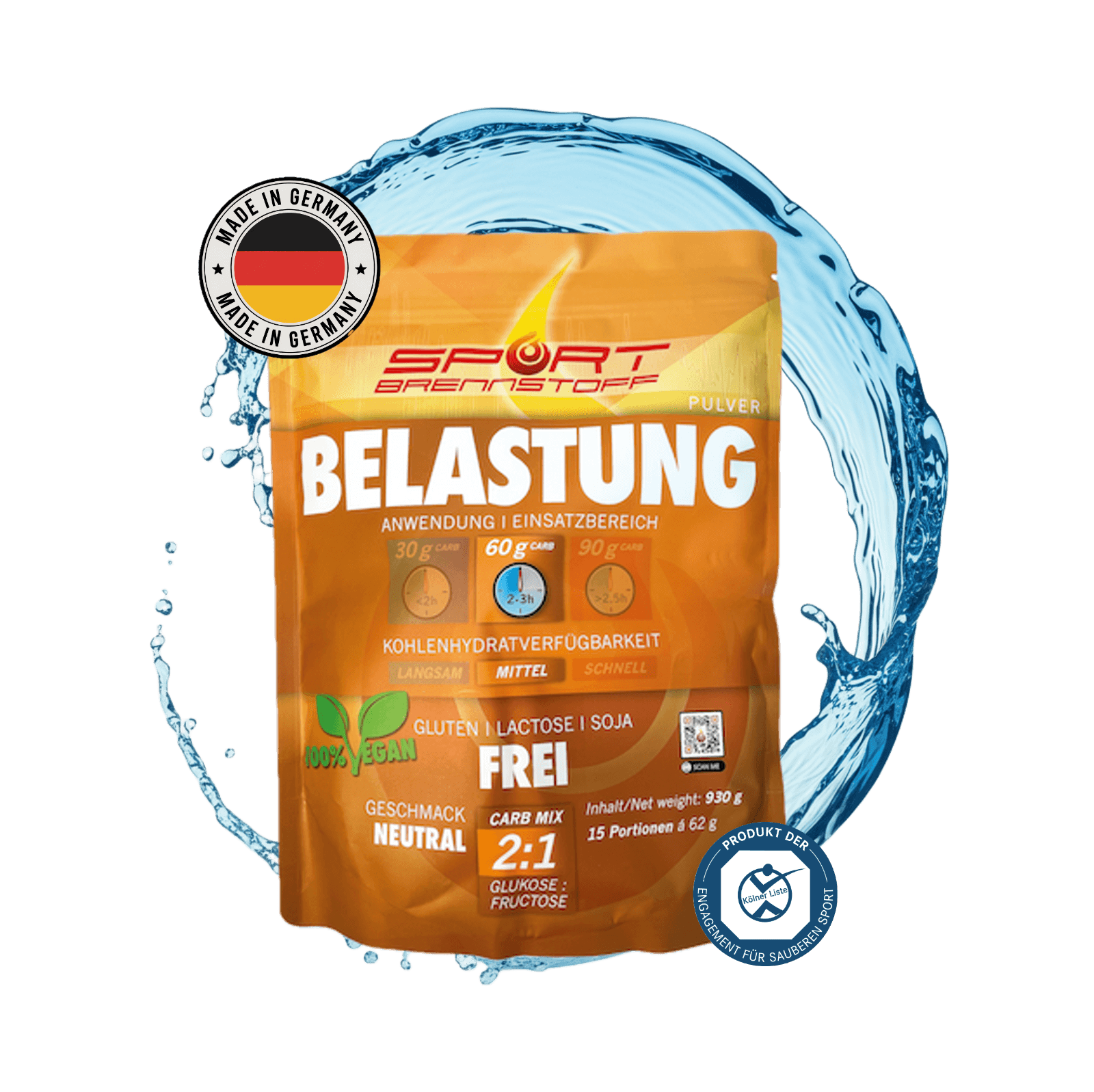
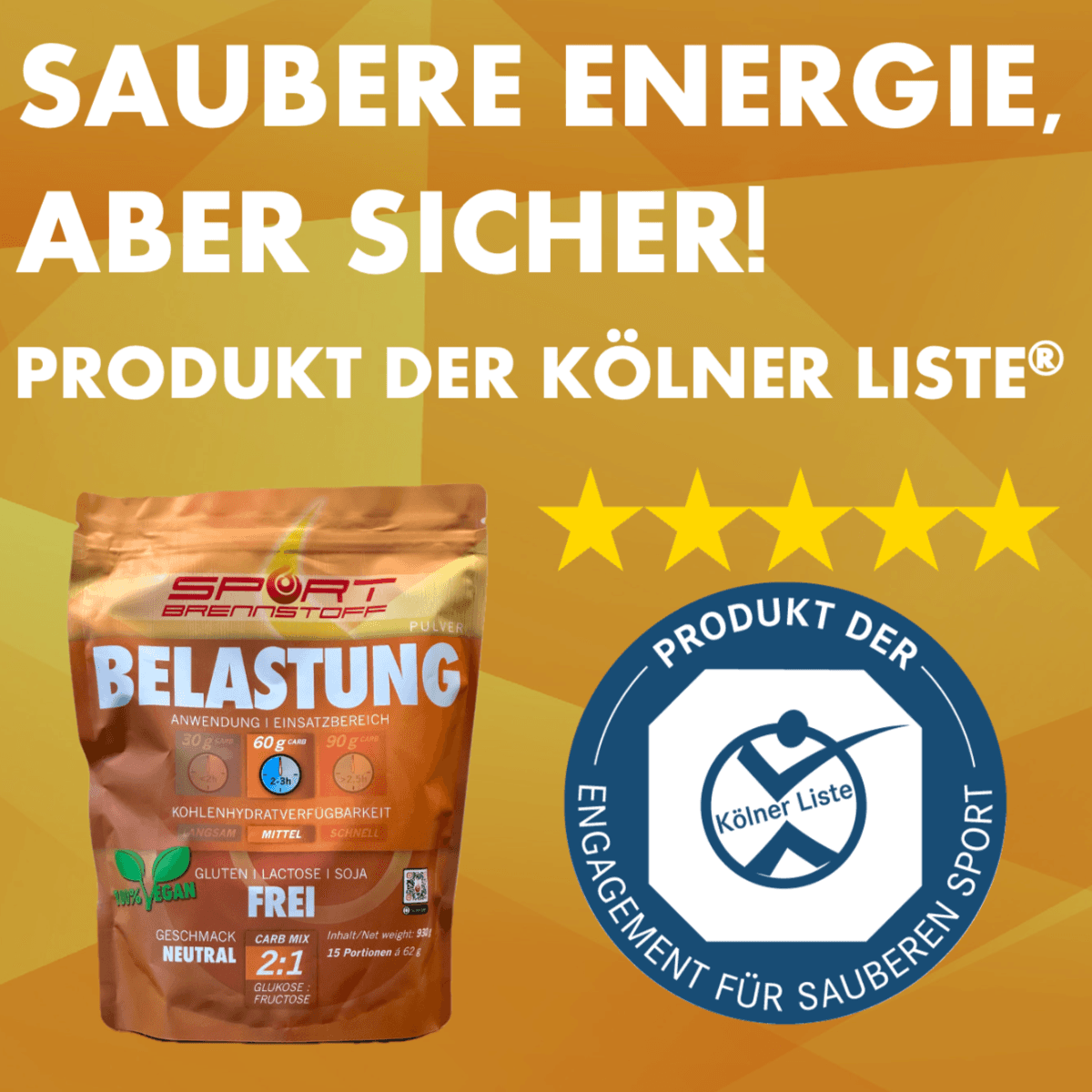
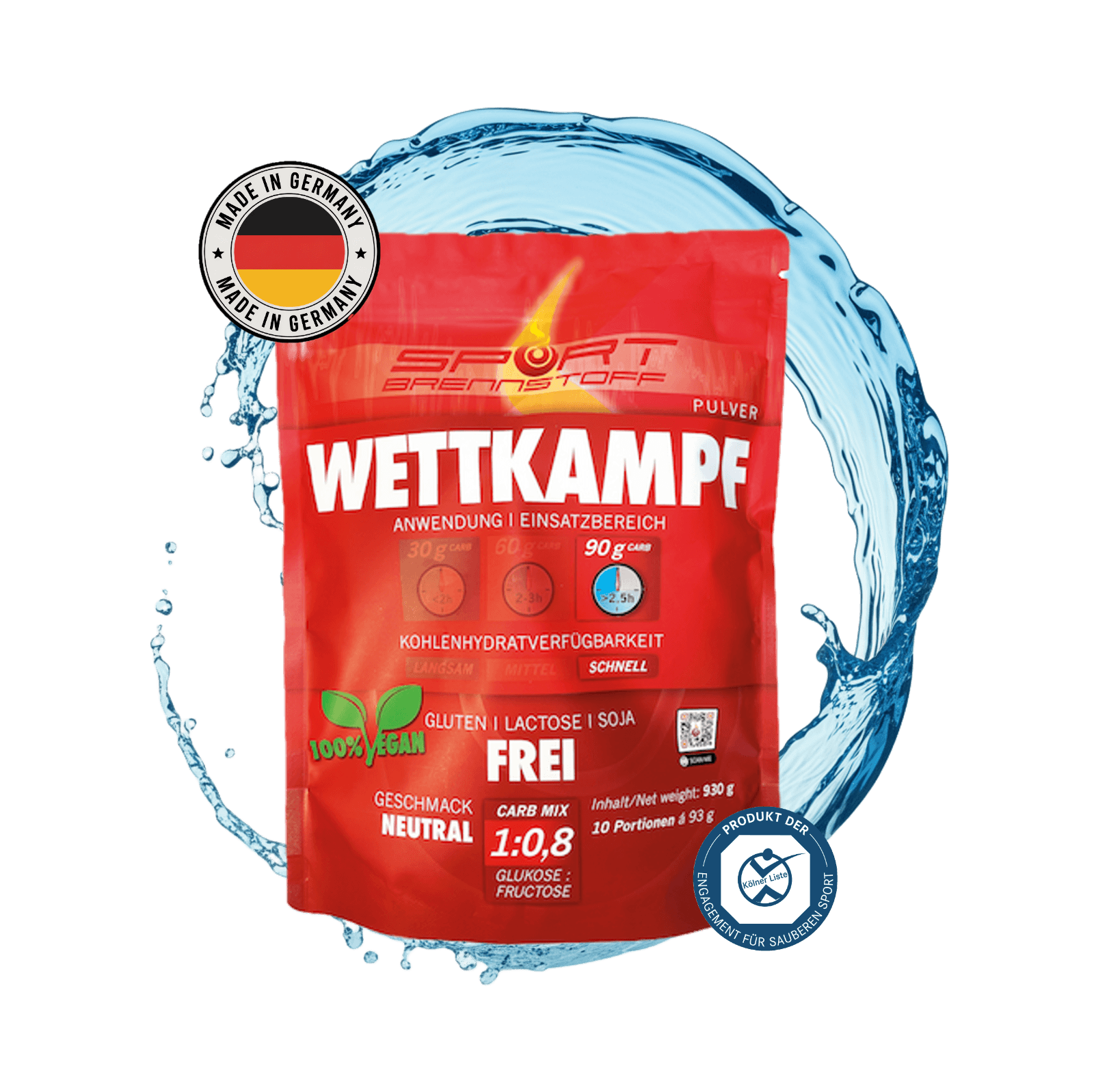
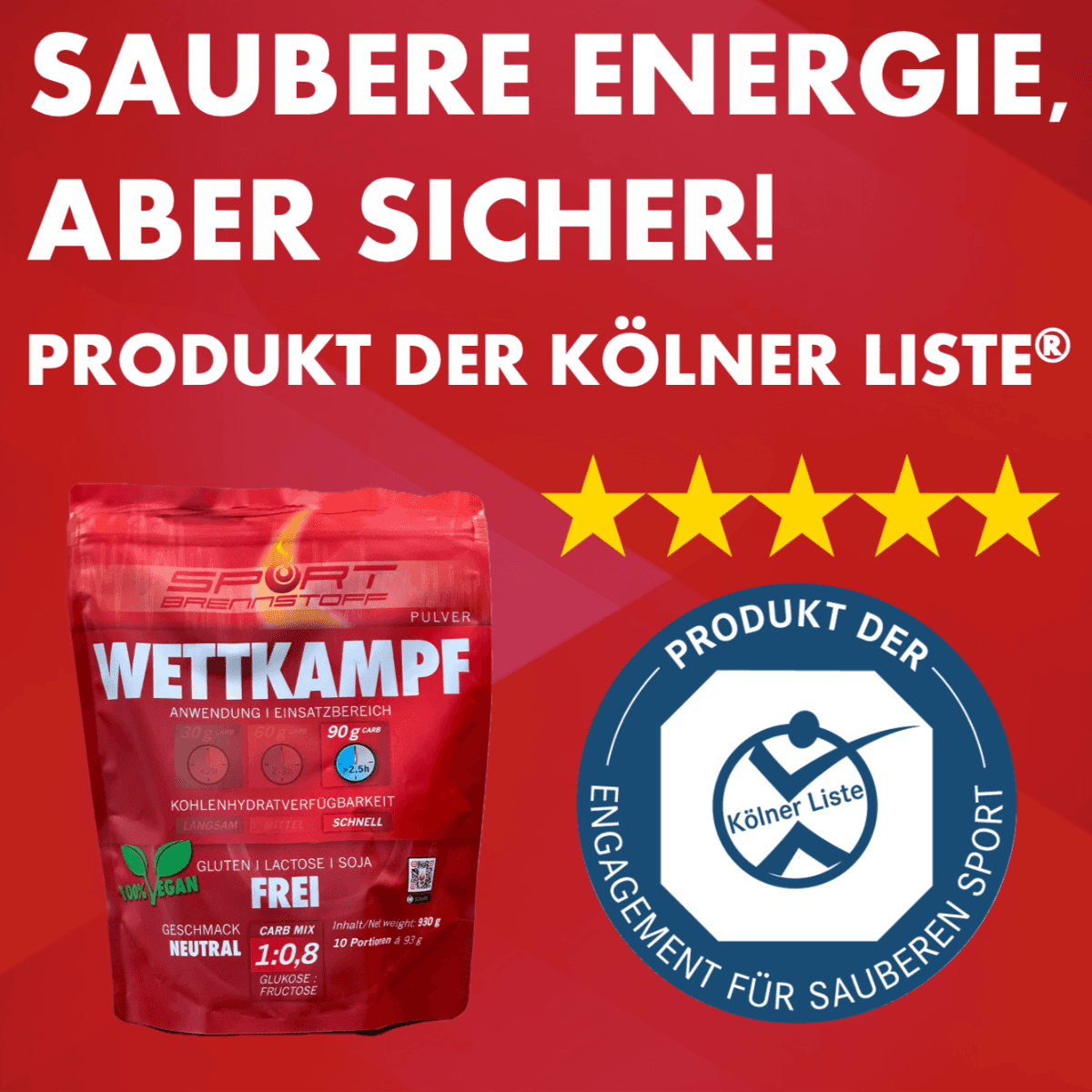
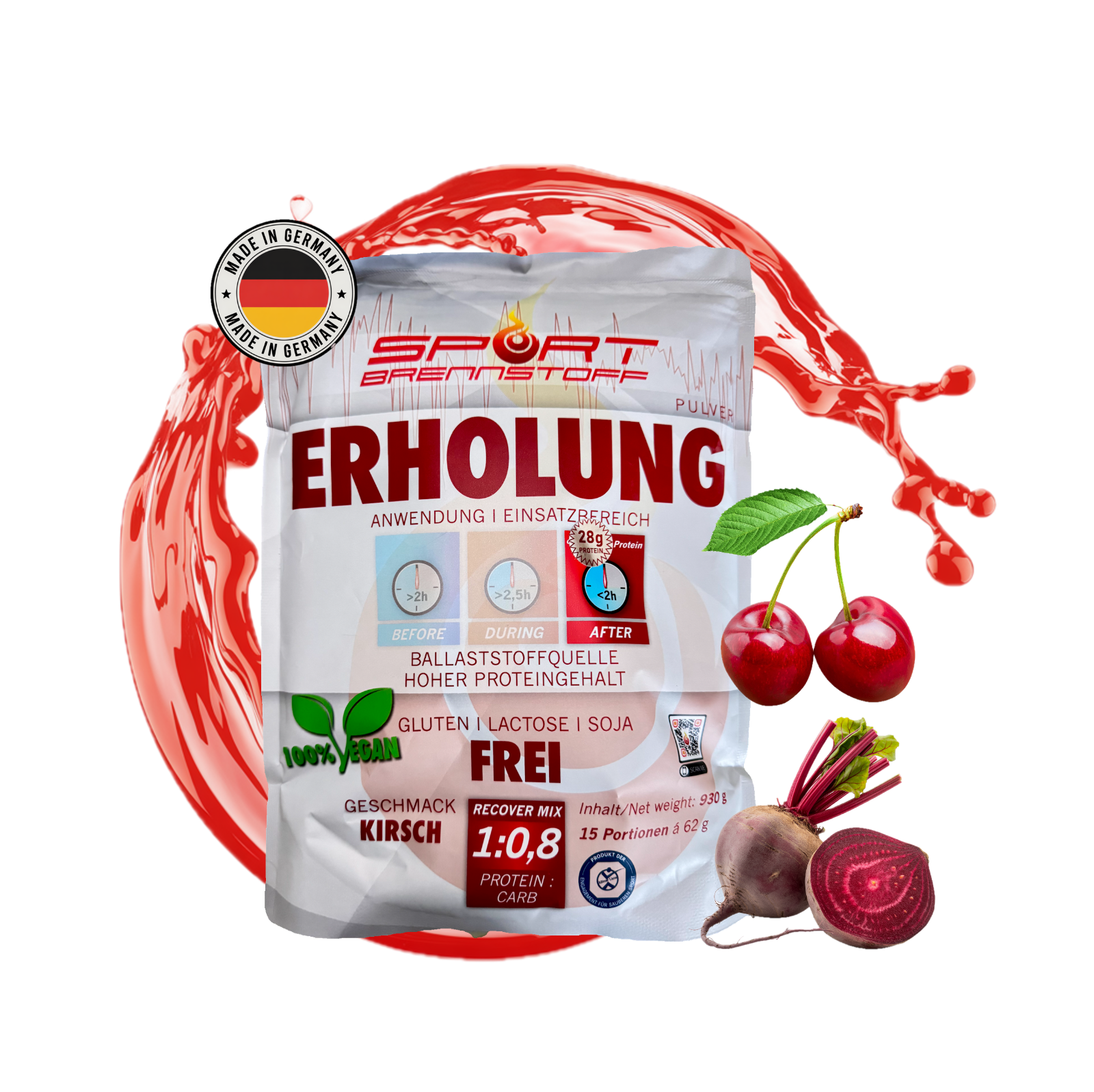





Leave a comment
All comments are moderated before being published.
This site is protected by hCaptcha and the hCaptcha Privacy Policy and Terms of Service apply.